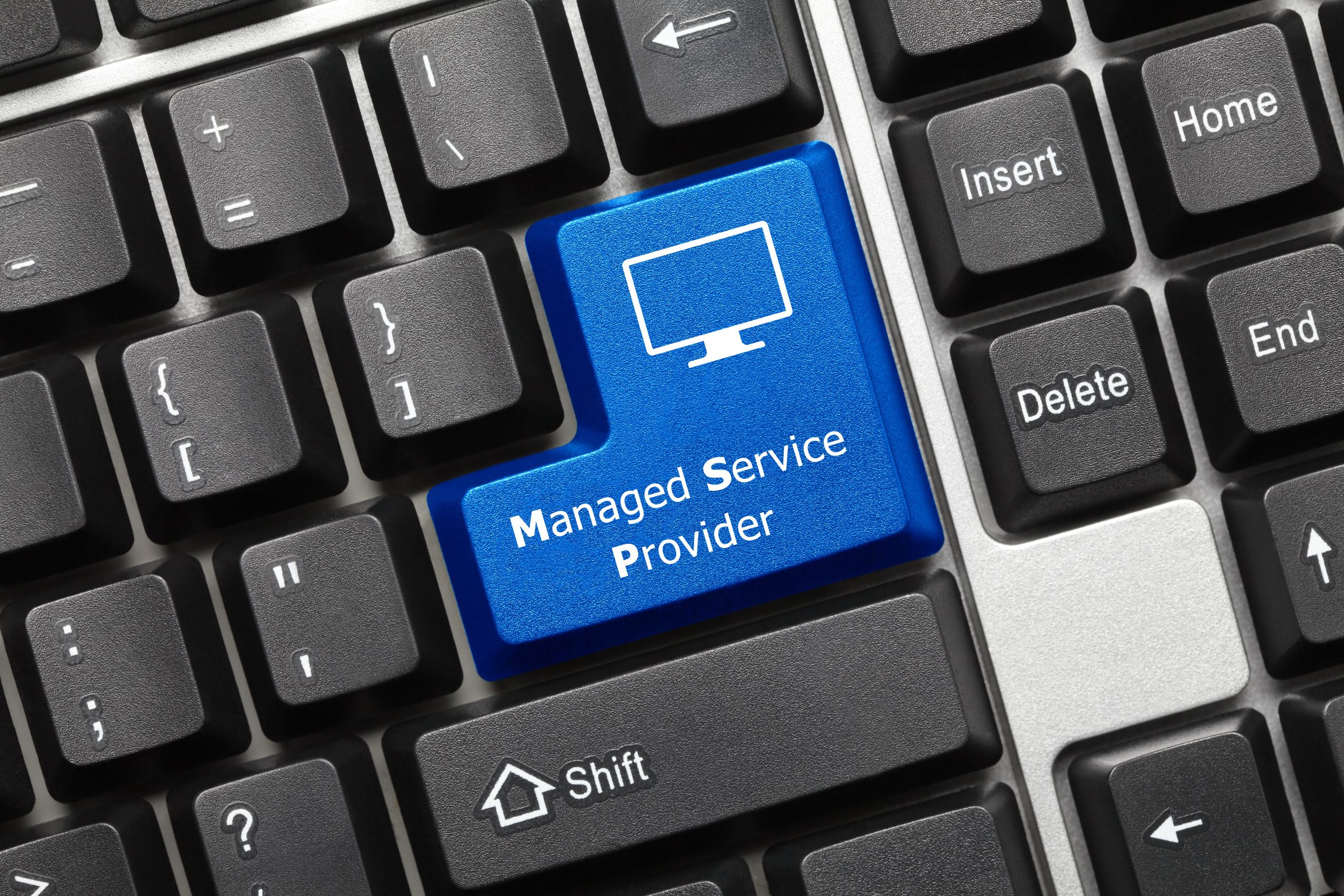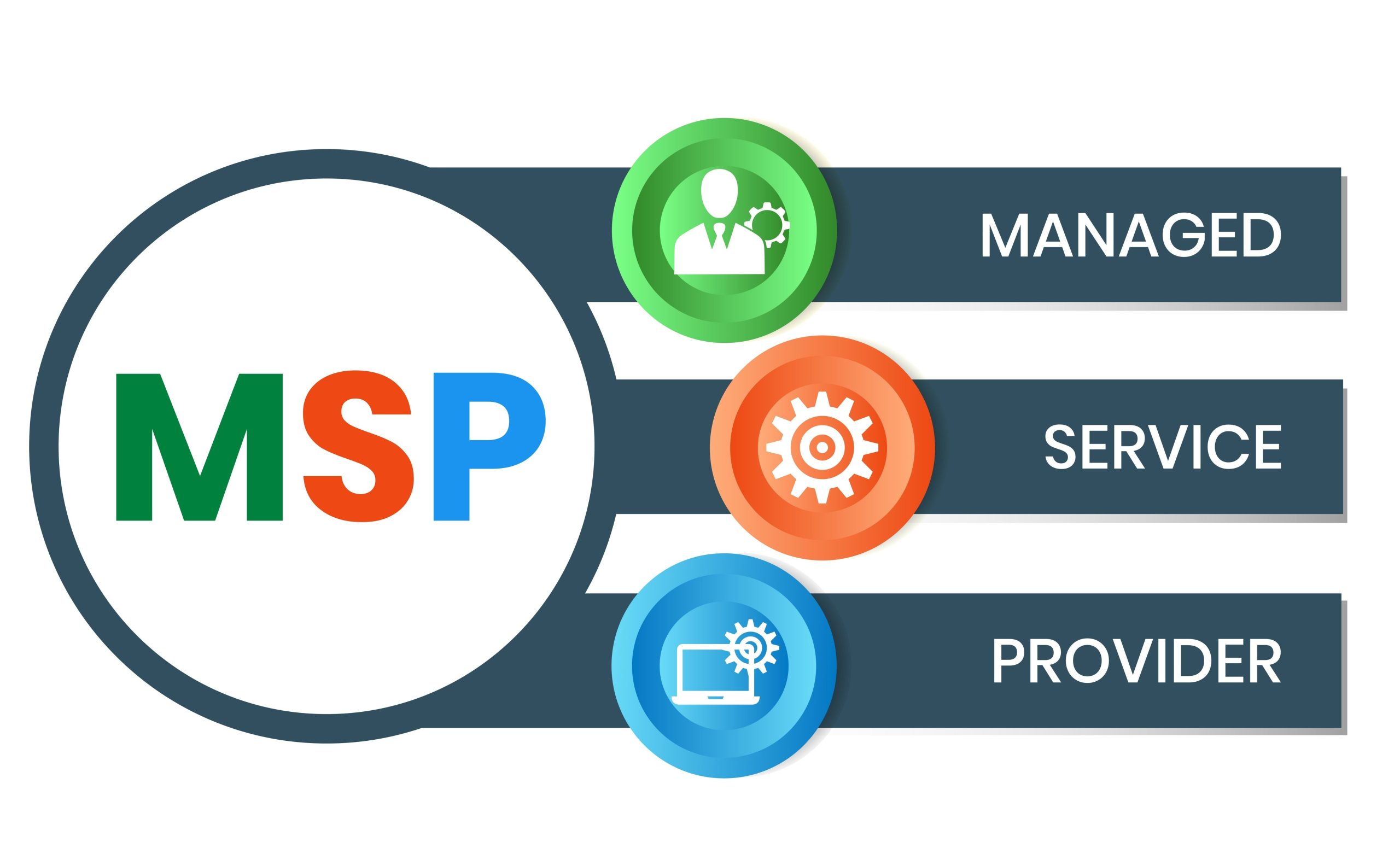Nowadays, more businesses rely on technology to drive growth and maintain a competitive edge. Managed Service Providers (MSPs) play a crucial role in ensuring that organizations can effectively manage their IT infrastructure and services. But what exactly do MSP services offer?
This article talks about the comprehensive range of services provided by MSPs, highlighting how they can benefit your business. Continue reading for more!
Definition of MSPs
Managed Service Providers, or MSPs, are companies that offer various IT services and solutions to businesses through subscription models. These services are designed to proactively manage, monitor, and maintain a company’s IT infrastructure, ensuring optimal performance, security, and reliability.
Top Services Offered by MSPs
Here are some of the key functions of MSPs:
1. IT Infrastructure Management
One of the core services offered by Managed Service Providers is IT infrastructure management. This includes maintaining and monitoring servers, networks, and other critical IT components. Outsourcing these tasks to an MSP helps businesses maintain smooth operations, reduce downtime, and boost productivity.
According to Timewade, a reputable MSP company operating in South West England, a quality IT support provider must offer this service with a dedicated account manager. This way, you’ll have someone from the team to call directly if you need assistance. Your account manager must know your specific requirements regarding your IT infrastructure, and some may even schedule a regular in-person visit to ensure things are running smoothly.

2. Network Protection
With the increasing danger of cyberattacks, network safety has become a top priority for companies. MSPs offer robust security solutions to protect sensitive data and ensure compliance with industry regulations. These services often include firewall management, intrusion detection and prevention, and regular security assessments.
3. Cloud Services
As more businesses move their operations to the cloud, MSPs have expanded their offerings to include cloud services. This can encompass everything from cloud migration and hosting to ongoing management and optimization. By leveraging cloud services, businesses can enjoy greater flexibility, scalability, and cost savings.
4. Data Backup and Disaster Recovery
Data is one of the most valuable assets for any organization, making data backup and disaster recovery essential services offered by MSPs. These services make sure that critical data is consistently backed up and can be restored promptly in case of a disaster, reducing the disruption to business activities.
5. IT Support and Help Desk Services
MSPs offer 24/7 IT support and help desk assistance to tackle any technical problems that come up. This ensures that employees can receive timely assistance, reducing downtime and maintaining productivity. Whether troubleshooting hardware problems or resolving software issues, MSPs have the expertise to handle a wide range of IT challenges.
6. Strategic IT Consulting
MSPs not only handle daily IT tasks but also provide valuable IT consulting services. They collaborate with businesses to create and execute IT strategies that match their objectives. With the help of MSPs, companies can stay competitive by making smart technology choices.
7. Managed Security Services
MSPs provide comprehensive managed security services to safeguard businesses against cyber threats. These services include continuous monitoring, threat detection and response, vulnerability assessments, and compliance management. With cyberattacks becoming increasingly sophisticated, having a dedicated team of security experts is invaluable.
8. Vendor Management
Dealing with multiple vendors for various IT needs can be time-consuming and complex. MSPs streamline this process by handling vendor management on behalf of their clients. This includes negotiating contracts, managing relationships, and ensuring services are delivered as promised. By outsourcing vendor management to an MSP, businesses can focus on their core operations.

9. Remote Monitoring and Management
Remote monitoring and management (RMM) is a crucial service offered by MSPs that involves remotely monitoring the health and performance of IT systems. Through RMM tools, MSPs can identify and resolve issues before they escalate, ensuring optimal performance and reducing the risk of downtime.
10. Compliance and Risk Management
It’s essential for healthcare, finance, and legal businesses to adhere to industry regulations and standards. MSPs help organizations navigate the complex landscape of compliance requirements by providing risk assessments, policy development, and ongoing monitoring to ensure adherence to regulations.
Managed service providers offer solutions that improve the efficiency, safety, and dependability of your company’s IT system. By leveraging the expertise of MSPs, you and your team can focus on core operations while enjoying the benefits of proactive IT management and support. Investing in MSP services can improve efficiency, reduce downtime, and give a competitive edge in the marketplace.
Conclusion
Managed service providers play a crucial role in helping businesses streamline their IT operations and stay competitive in today’s fast-paced environment. MSPs assist businesses in improving efficiency, security, and overall success by providing a wide range of services, such as proactive IT management, cybersecurity, cloud services, and strategic consulting. Partnering with a reputable MSP can give your enterprise the expertise and support you need to thrive in the digital age.



